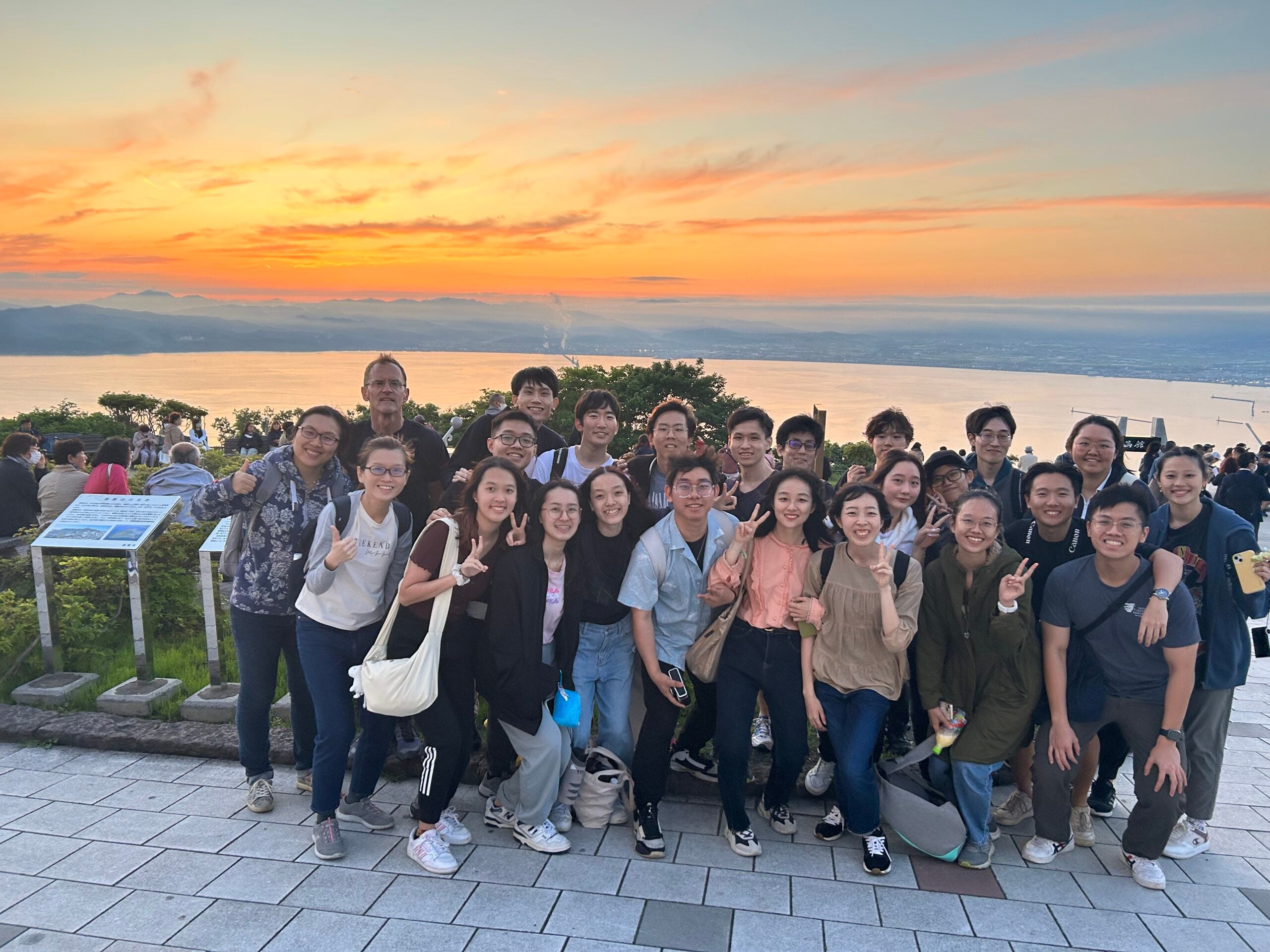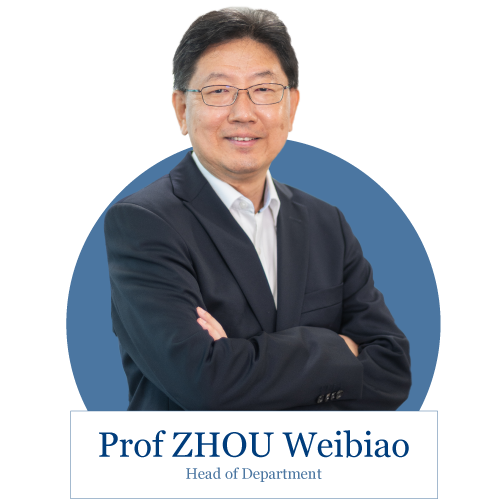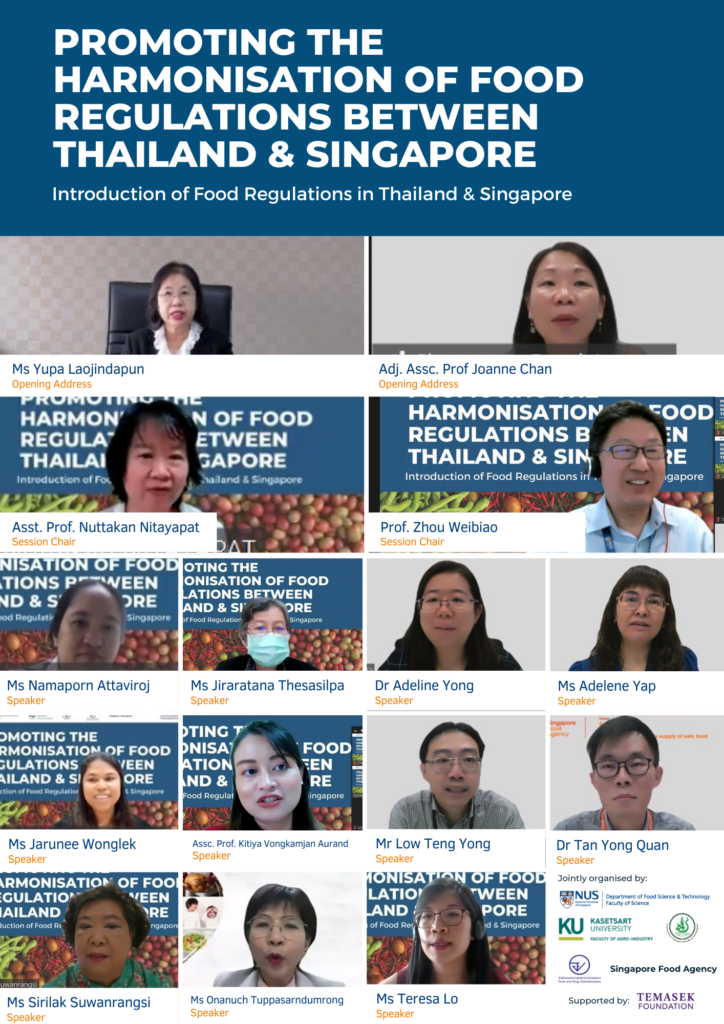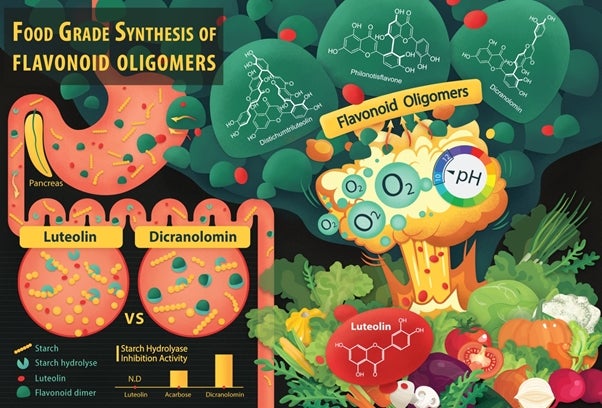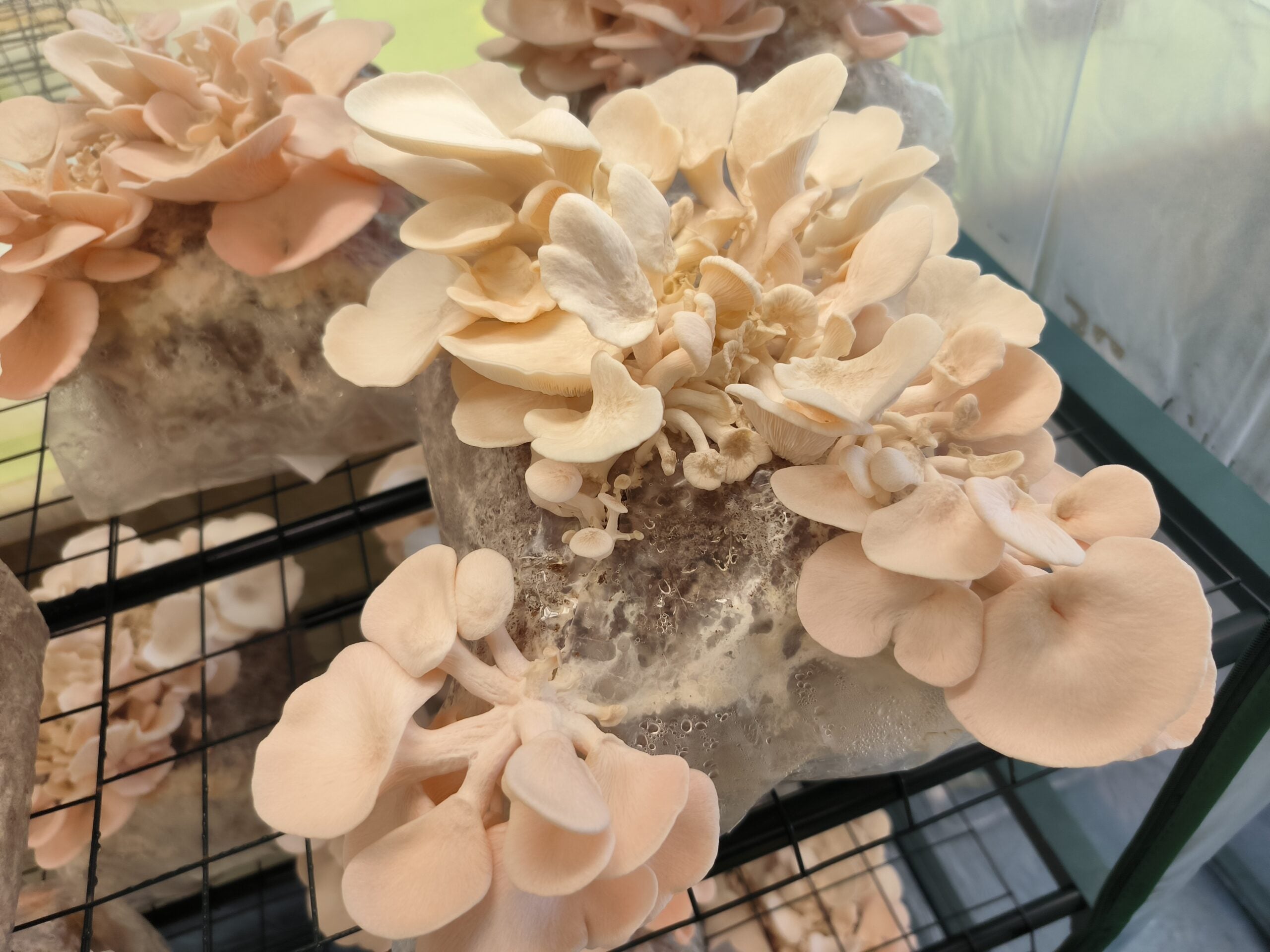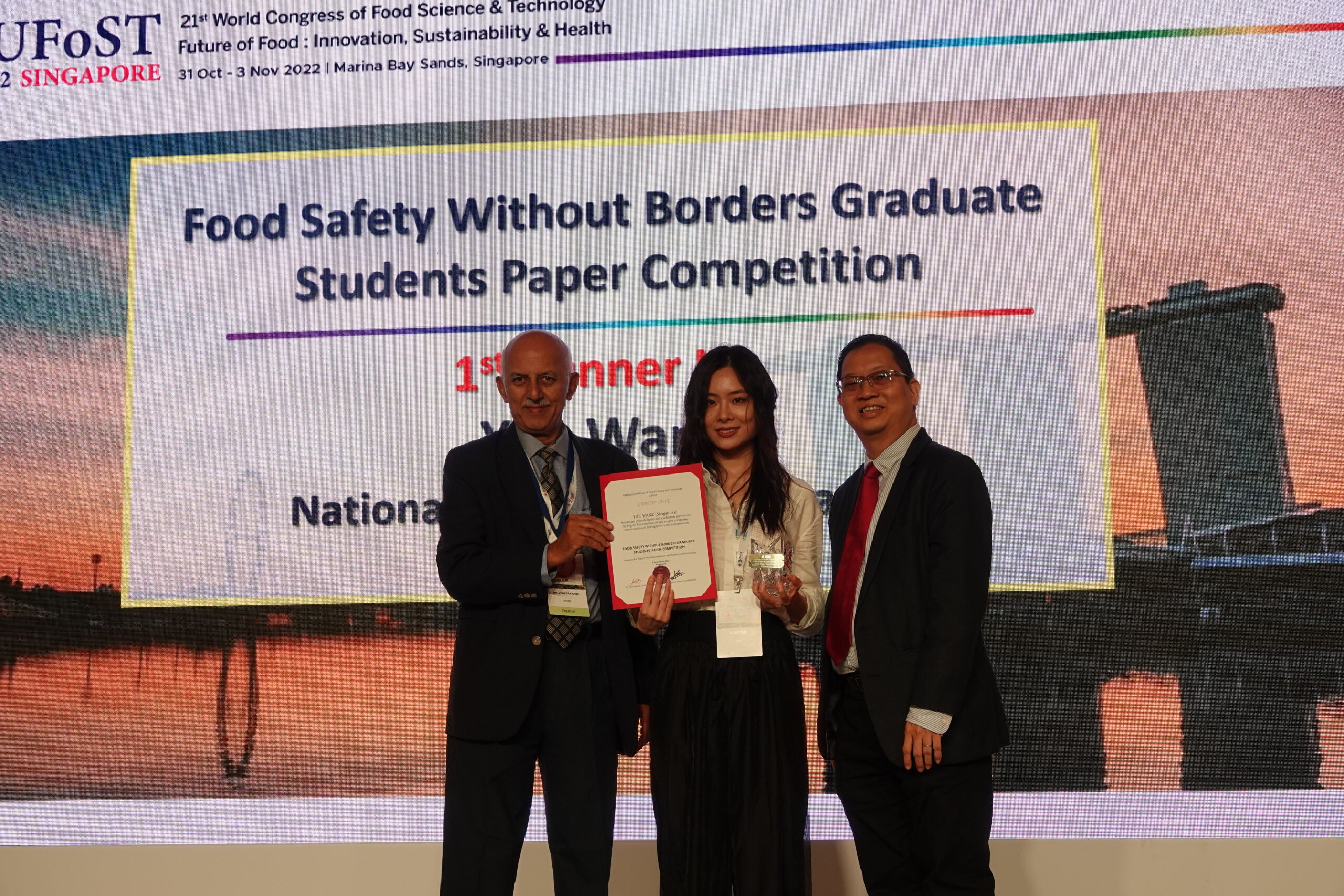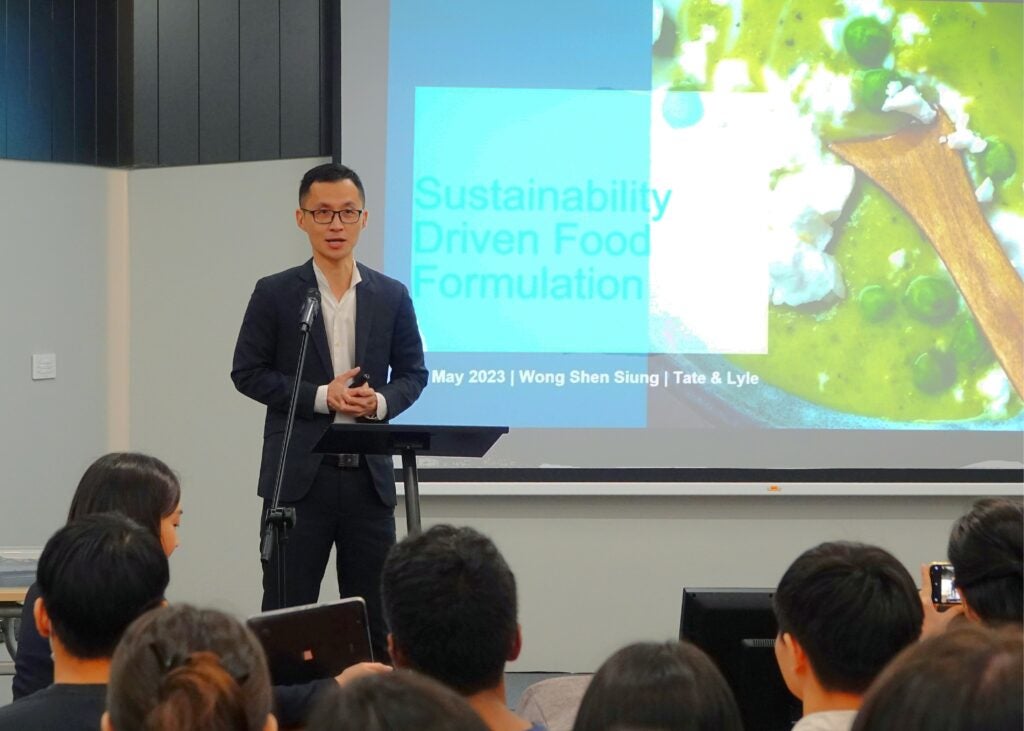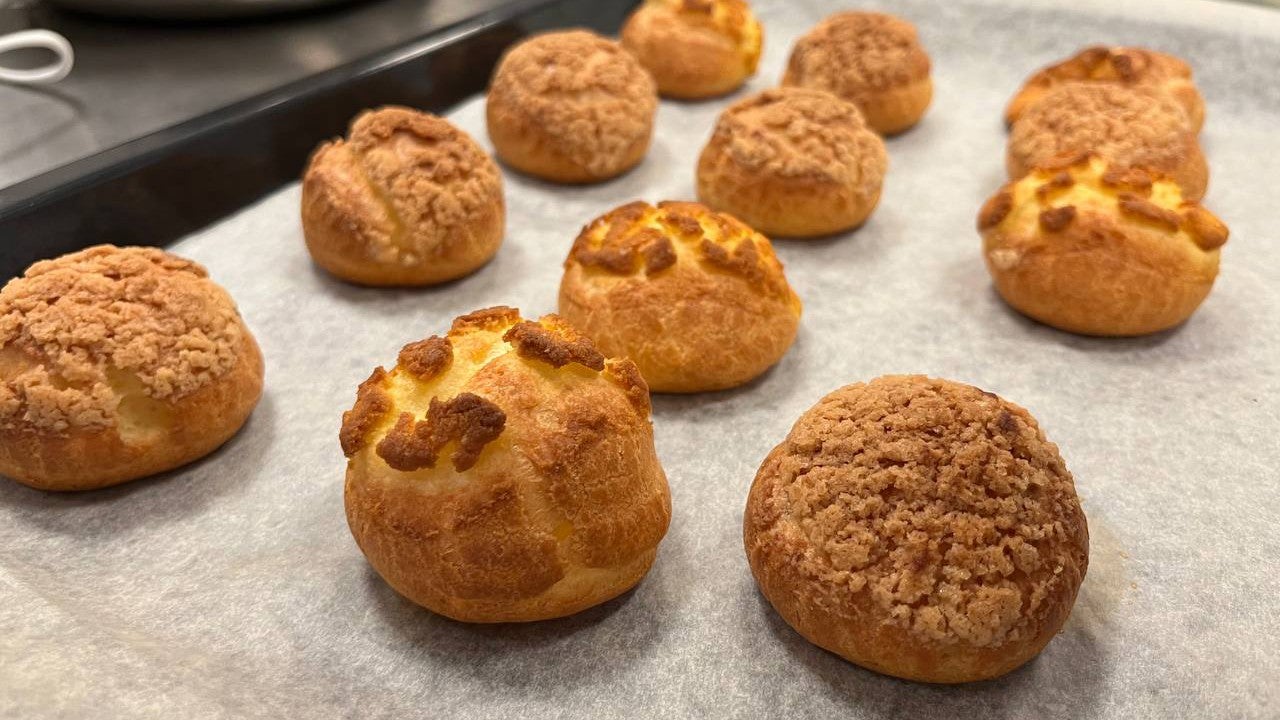
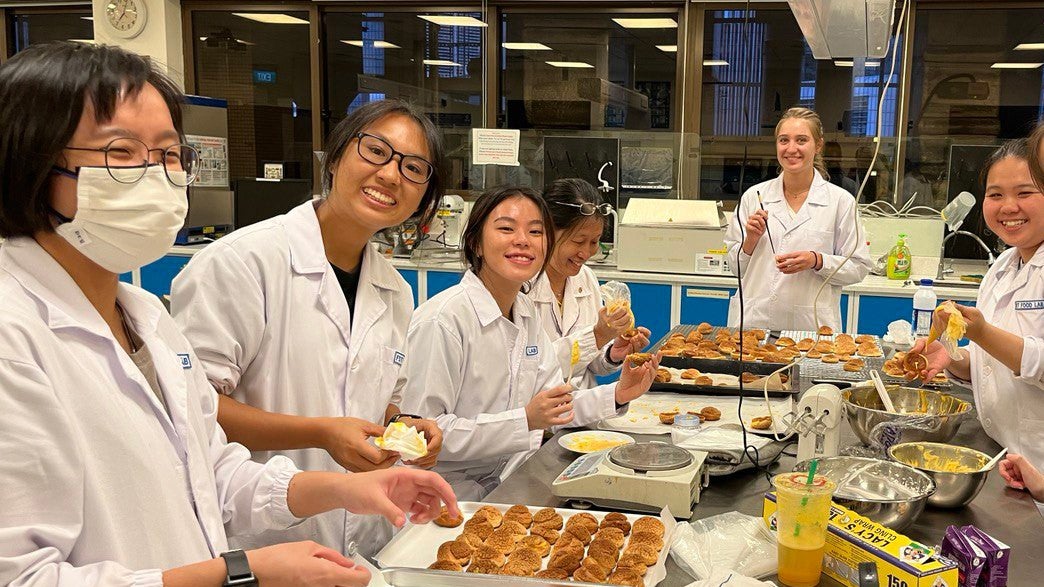
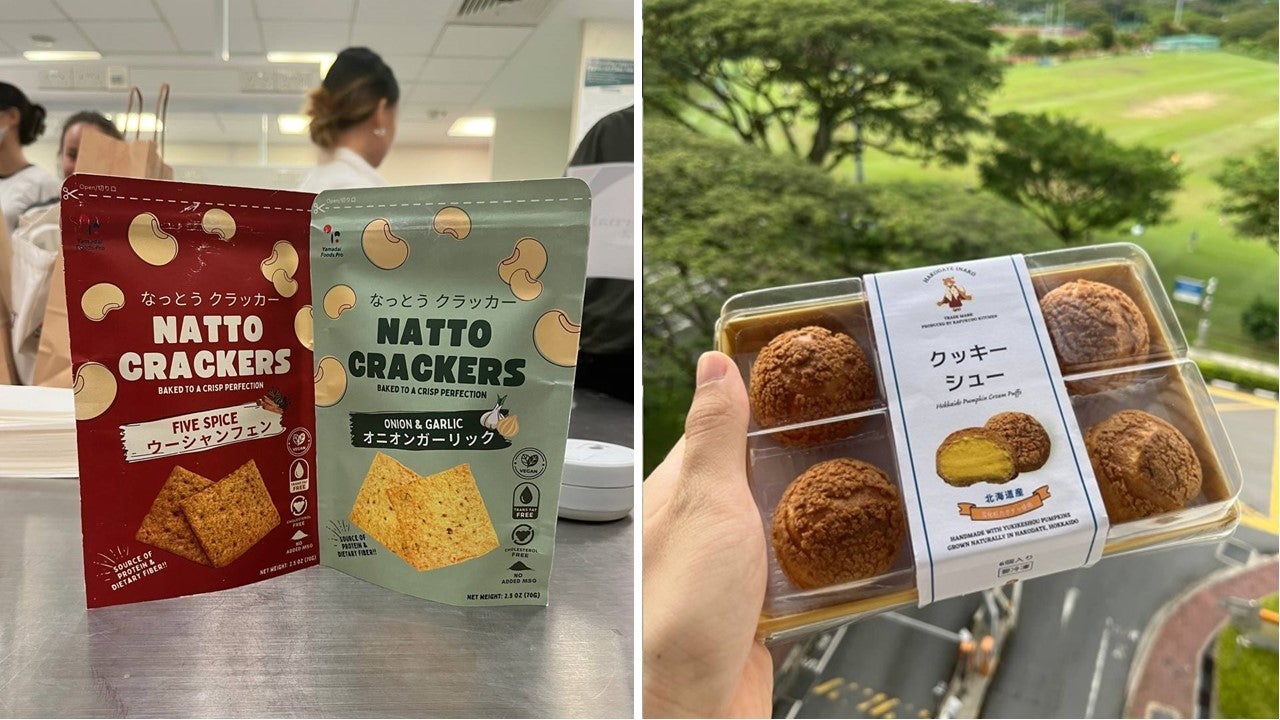
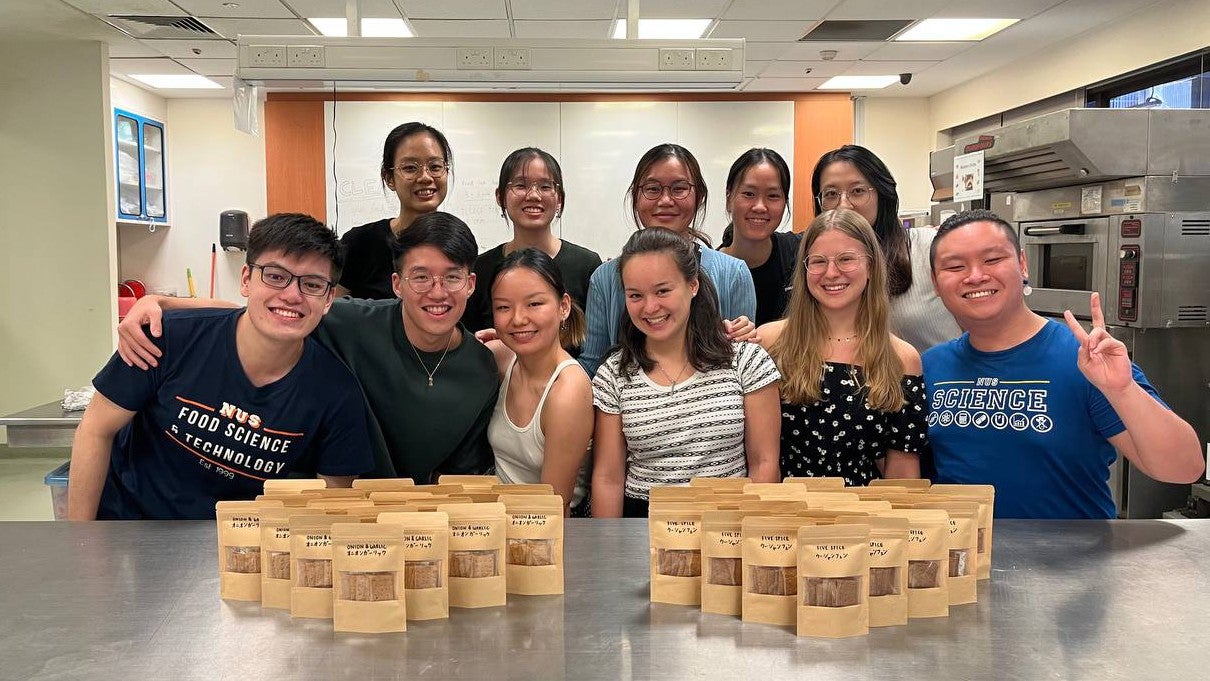


Our Year 3 students reading FST3105 Food Product Development and Packaging had the opportunity to create novel food products, such as natto crackers and pumpkin cream puffs made using ‘flawed’ Yukigeshou pumpkins, in collaboration with food businesses from Hakodate, Japan. This enabled them to meld distinctively Japanese ingredients with local food preferences.
We resumed our summer exchange programme, FST2204 Seafood Supply Chains in Japan and Singapore, which provides students from NUS and Hokkaido University (HU) practical and in-depth knowledge of the seafood industry and supply chains in Hokkaido, Japan and Singapore.
